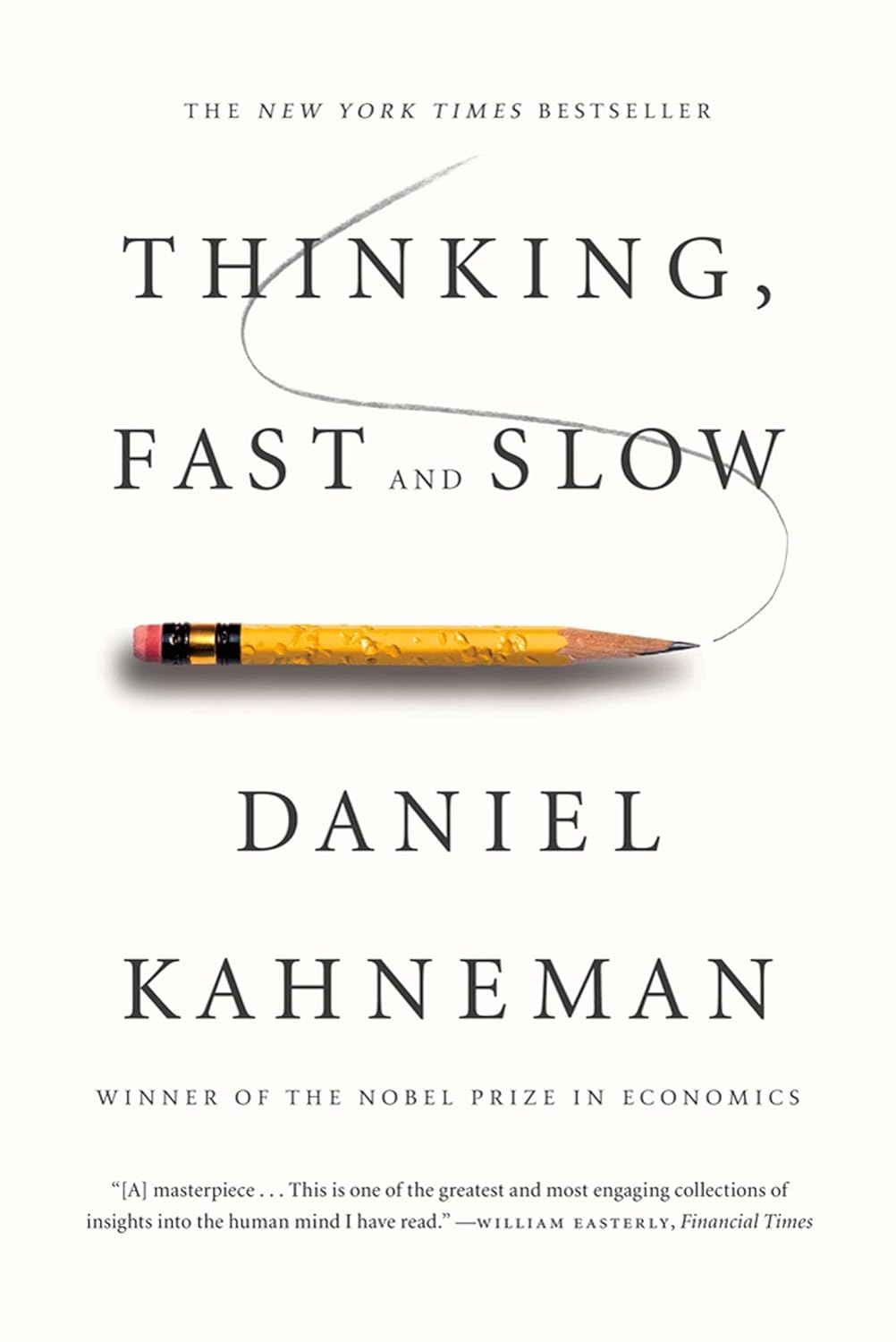📊 GLOBAL WORKFORCE UPDATES 📊
📊 GLOBAL WORKFORCE UPDATES 📊
United States | U.S. Labor Market Cools but Remains Resilient
The U.S. labor market stayed resilient in June. Employers added 147,000 jobs during the month, surpassing forecasts. The unemployment rate ticked down to 4.1% (from 4.2% in May), the lowest since February. Steady hiring across sectors suggests the economy is withstanding uncertainty, though economists predict some cooling later in the year.
The U.S. labor market stayed resilient in June. Employers added 147,000 jobs during the month, surpassing forecasts. The unemployment rate ticked down to 4.1% (from 4.2% in May), the lowest since February. Steady hiring across sectors suggests the economy is withstanding uncertainty, though economists predict some cooling later in the year.
------------------------------------
United States | Layoffs Show Signs of Slowing
The pace of layoffs appears to be easing. News reports indicate roughly 100 companies announced layoffs in July, down from about 160 in June, signaling a more stable outlook. In the tech sector, monthly cuts have fallen sharply – only 1,606 tech employees were laid off in June, a fraction of the levels seen earlier in 2025. While big names (Intel, Microsoft, etc.) still rolled out job cuts, the overall downsizing trend is moderating.
------------------------------------
Canada | Surge in Employment, Yet Cautious Optimism
Canada’s job market rebounded in June, adding 83,100 jobs (+0.4%), lowering the unemployment rate slightly to 6.9%. It was the first significant gain since January, indicating recovery in sectors like education and services. However, small business confidence remains lukewarm. A CFIB survey showed more employers considering cuts: 16% of small businesses planned possible layoffs in July (up from 13% in June). Only 12% planned to hire (down from 15% a month earlier). Persistent cost pressures (e.g. rising taxes, weak customer demand) are tempering optimism, even as the overall labor market strengthens.
------------------------------------
Canada | Banks Reinforce 4-Day RTO Mandates
Several major Canadian banks are reinforcing return-to-office mandates, requiring employees to be onsite four days a week starting this fall. TD Bank plans to roll out in October/November, while BMO, RBC and Scotiabank are implementing similar changes in September. The move aims to strengthen culture and collaboration, though it raises concerns among employees about commuting stress, space constraints, and work-life balance. HR leaders are encouraged to support transitions with clear communication, flexible arrangements where possible, and readiness assessments of physical office capacity.
------------------------------------
United Kingdom | New Workplace Protections Planned
The UK government unveiled a roadmap for forthcoming employment law reforms. Key changes in the Employment Rights Bill are scheduled over the next two years. By April 2026, Britain aims to implement day-one rights to paternity leave, expanded Statutory Sick Pay, and a simplified process for trade union recognition, among other measures. In the nearer term, ministers announced they will ban non-disclosure agreements that silence victims of workplace sexual harassment or discrimination - ensuring NDAs can no longer be used to silence employees (legislation is expected by end of 2025). Lawmakers are also backing a proposal to extend bereavement leave to cover miscarriages before 24 weeks of pregnancy, a compassionate policy change that would broaden support for parents after early pregnancy loss.
🔢 BY THE NUMBERS 🔢
46%
Percentage of Americans who are concerned they could be laid off within the next year, according to Indeed, illustrating widespread job security anxieties.
59%
Share of U.S. workers feeling anxious about taking PTO/vacation, even though they have leave available, according to LiveCareer – a sign of work culture pressures.
16%
Proportion of Canadian small businesses planning layoffs in July (up from 13% in June). indicating rising caution among employers.
41%
The percentage of workers surveyed who said they’ve never had a transparent discussion at work about how compensation is set, according to Payscale’s 2025 Pay Confidence Gap Report.
32
Dell’s 2025 eNPS (employee net promoter score), a sharp fall from 63 in 2023 - nearly a 50% drop. Internal survey flags serious morale issues tied to RTO policies, layoffs, and heavy AI-driven change.
📚 MONTHLY READING PICKS 📚
📚 MONTHLY READING PICKS 📚
📑 INDUSTRY BRIEFS 📑
Jul 23: The U.S. Environmental Protection Agency (EPA) announces plans to cut more than 23% of its workforce through voluntary retirements and layoffs.
Jul 17: Scale AI to lay off 200 full‑time employees and 500 contractors - around 14% of its workforce - as it restructures its Generative AI division following Meta’s $14 billion investment .
Jul 17: Amazon cuts hundreds of jobs in its AWS cloud division as AI integration accelerates
Jul 16: Intel to cut 5,000+ U.S. jobs - around 15–20% of its Foundry division - as part of global cost‑reduction amid declining PC and enterprise demand.
Jul 15: Nissan’s Oppama plant shutdown in Japan will lead to 2,400 job cuts by March 2028 as part of its broader cost‑cutting and restructuring plan.
Jul 11: Indeed & Glassdoor to eliminate ~1,300 jobs (~6%) in U.S.-based roles to streamline operations and ramp up AI.
Jul 11: State Department to lay off 1,300 employees in U.S. (1,107 civil service + 246 foreign service) under a politically driven reorganization, sparking morale and capacity concerns.
Jul 2: Microsoft to cut around 9,000 jobs (just under 4% of its global workforce), trimming management layers and reallocating resources toward AI and cloud initiatives.


